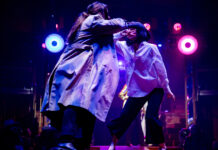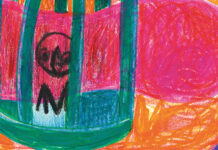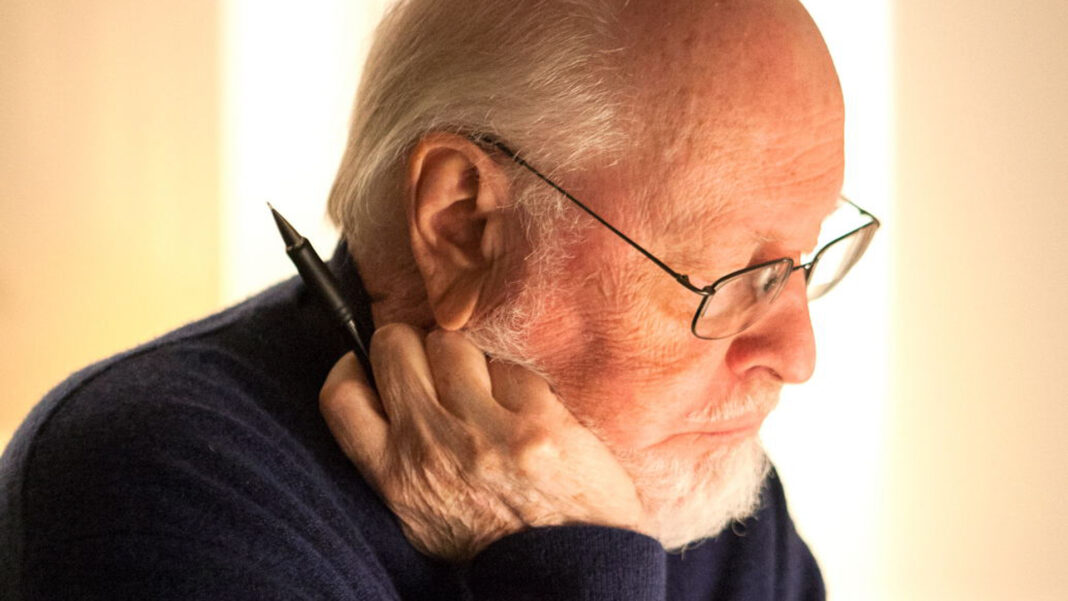This weekend a summer tradition at the Hollywood Bowl continues with Maestro of the Movies: John Williams from September 2nd – 4th. When I first started attending these concerts Williams would conduct the entire performance. He’s now 90 years old. More recently he’s come on to conduct the last two or three pieces of each concert. (One of them inspiring light sabers to illuminate the Bowl as they do every year.)
David Newman will conduct the bulk of the concert. He’s long been a fan of Williams and his work. (You can see my interview with him from a few years ago when he was conducting the score to Jaws live to film at the Bowl.)
This got me thinking about the one time I interviewed John Williams.
In the fall of 1996, I was hired to produce a celebration of the re-release of the original Star Wars trilogy. The show, Star Wars: The Magic & The Mystery, was being produced for the Fox Network. Amongst my responsibilities was getting as many participants in those films to do new interviews about the trilogy and the way those stories and characters entered the zeitgeist in a way that was previously unfathomable.
I was able to confirm that Harrison Ford, Carrie Fisher, Mark Hamill, Billy Dee Williams, James Earl Jones plus filmmakers George Lucas and Irvin Kershner would participate. But the interview that had me most personally excited was with composer John Williams.
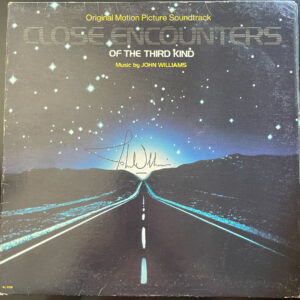
His music was one of the many diverse soundtracks of my youth. In the years since Star Wars was released, I had become an enormous fan of his scores for Close Encounters of the Third Kind, The Fury, Superman, Dracula, 1941, The Witches of Eastwick, Empire of the Sun, JFK and many more.
If I had my way I would have spoken to John Williams for hours about these and many other scores. But my job was to talk to him about just the original trilogy of Star Wars films. I liked Star Wars, but I didn’t appreciate the film as much upon its initial release as I did much later. But I loved the music.
I wasn’t sure what to expect. By this point I had interviewed a number of composers and they ranged from lovable mensches to cantankerous curmudgeons. Which one would John Williams be?
Of course he was a perfect gentleman. Modest, humble and gracious.
Over the course of the hour we spent together he told me about Steven Spielberg having recommended Williams to George Lucas. He was still amazed at how successful the records of the scores were. He considered the music in the cantina scene to “stick out entirely as an unrelated rib to the score.” He discussed recording a short finale for Return of the Jedi due to the addition of the Ewoks celebration. (In fact, he mentioned that Lucas was dubbing that music into the final reel of the reissue at the time of our interview.)
It was at the end of the interview that I asked Mr. Williams about if he would be scoring the upcoming new films (that became the first three chapters in the series.) This shows the depths of his modesty.
“Oh, I very much hope I can do the new trilogy, or as much of it as I’m granted the energy and the time to do – I would welcome the opportunity and hope I will be able to. And I would look forward to it and I hope that happens.”
I responded, “Has there been a conversation about it?”
To which he responded, “Well George is – yes, we talk about it all the time. It’s more in the area of George threatening to say, you know, I’m going to get these three things done so get ready. So the conversation is kind of on that level, and he knows I’m ready and willing and hopefully able and certainly keen to do it.”
The rest as they say…is history.
If you look back at the list of scores I named at the beginning of this story, you’ll notice it isn’t filled with the usual titles (any of the Star Wars films, E.T. The Extra-Terrestrial, Schindler’s List, any of the Harry Potter films, Jurassic Park and Raiders of the Lost Ark.)
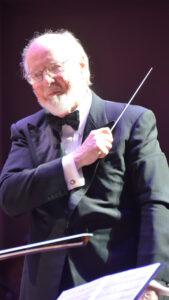
That’s not to show disdain for those scores. The John Williams I admire most is the man who writes the score for John Singleton’s Rosewood. And The Reivers. And the man who recently told Gustavo Dudamel* (Music and Artistic Director of the Los Angeles Philharmonic) that he still wants to write a piano concerto. But John Williams is arguably the “people’s composer.” His enormous success and popularity has proven that over and over again.
“I’m not a particularly religious person,” he told me that day, “but there’s something sort of eerie, about the way our hands are occasionally guided in some of the things that we do. It can happen in any aspect, any phase of human endeavor where we come to the right solutions almost in spite of ourselves. And you look back and you say that that almost seems to have been a kind of – you want to use the word divine guidance – behind it. It can make you believe in miracles in any collaborative art form: the theatre, film, any of this, when all these aspects come together to form a humming engine that works and the audience is there for it and they’re ready for it and willing to embrace it. That is a kind of miracle also.”
So if the opening credits for Star Wars are an inevitable part of each Labor Day celebration, so be it. I’m just glad we get another opportunity to watch Mr. Williams once again ascend the podium, pick up his baton and take us to a galaxy far, far away. May he continue to do so for as long as he wants to.
The Los Angeles Philharmonic opens their season on September 27th with a gala called John Williams Celebration. For tickets and more information, please go here.
*This link leads to LA Philharmonic’s SoundStage video featuring the music of John Williams with Williams in conversation with Dudamel.
Main Photo: John Williams (Courtesy LA Philharmonic Association)





